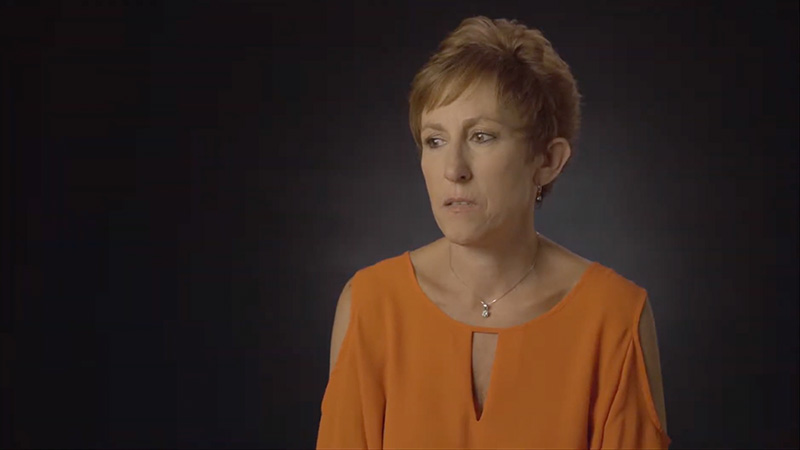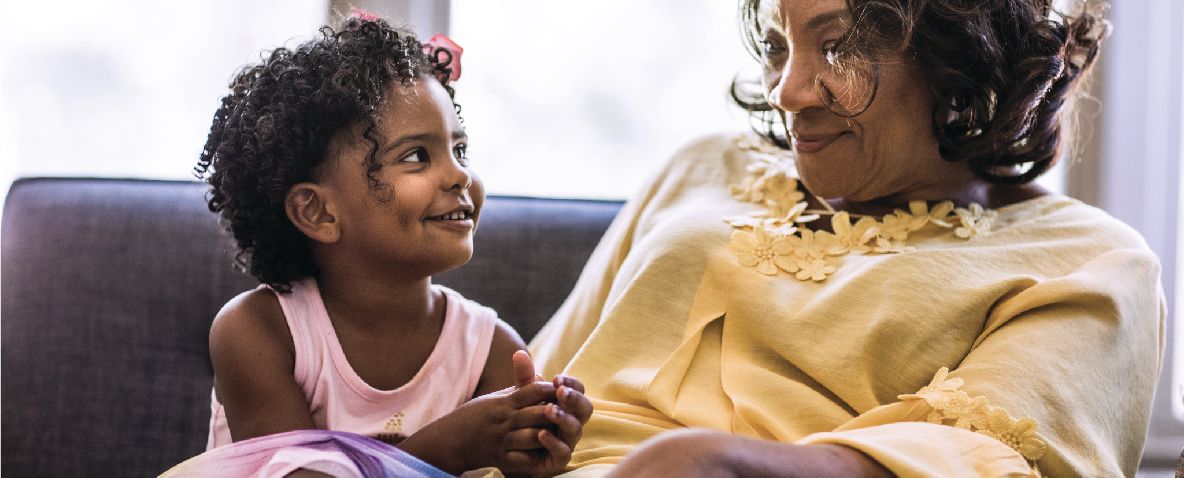
Fathers, Partners, Family, and Friends
In Our Own Voices: Fathers, Partners, Family, and Friends
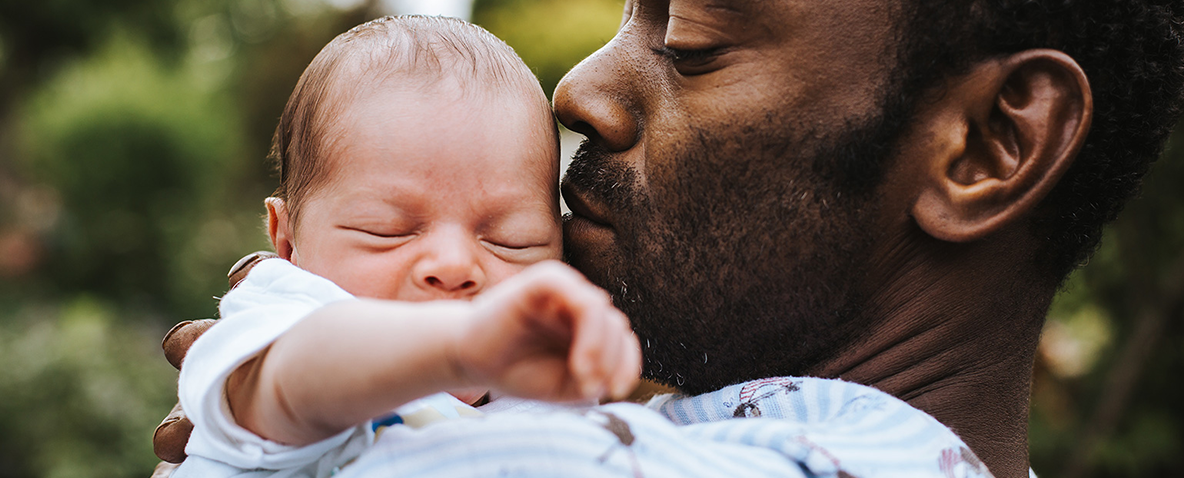
Co-Parents: A role to play
Read along or listen to this section using the audio player.
Whether or not you’re in a relationship with the mother of your child, you have an important role to play in parenting.
Fathers and partners offer so much more than financial support. You have important things to give to your child: physically, emotionally, and spiritually.
Children do better when there is more than one caring adult involved in their life. How can you connect with your child and offer your attention, play time, guidance, and support?
You child knowing that you’re proud of them gives them a sense of self-esteem and lets them know that they’re important.
Parenting may mean doing things differently from what your parents did with you. You get a chance to make a change in the world.
Get to know yourself and your child, and build a relationship that works for you both. You have a right to be at the table, and you have something of value to offer to your child.
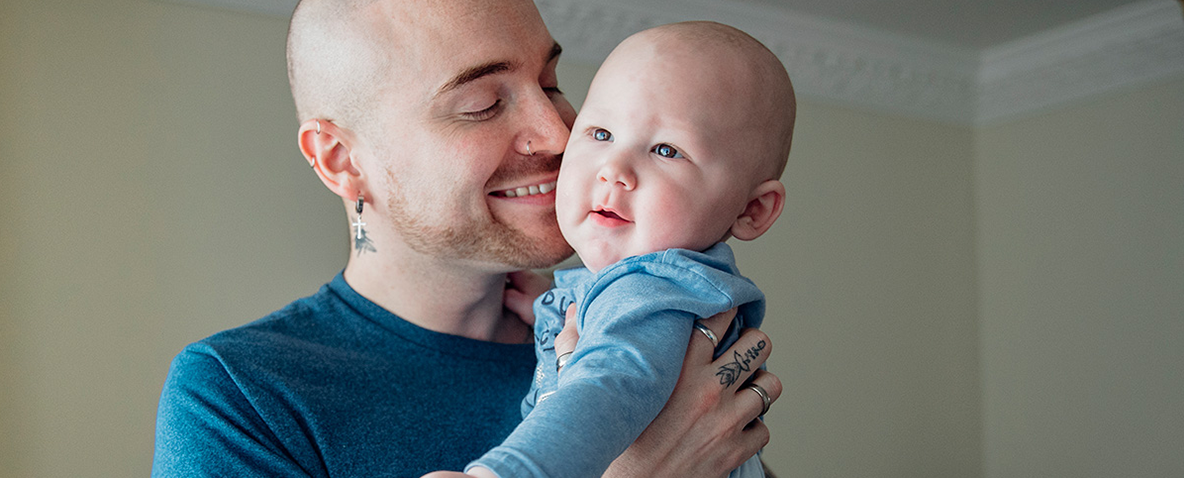
Relationships in Recovery
Read along or listen to this section using the audio player.
Taking care of yourself, whether you are in recovery from your own substance use, or from the effects of someone else’s substance use, is the best way to be in relationship.
Putting yourself first allows you to stay connected to your own needs and to your primary purpose: recovery and parenting.
Read along or listen to this section using the audio player.
It can be hard to figure out where you end and your partner begins, especially in relationships that have experienced addiction. It can feel like an emergency when your loved one has a problem or needs something from you. Remember that there are things you can control and things you can’t. Being able to stop and THINK when your partner needs something from you, or does something you don’t like, will help you find that line between you and them, between things you can control and things you can’t. If you are disappointed by your partner’s behavior, ask yourself what your expectations of them are. Did you communicate your needs clearly to them, or are you expecting them to guess what you need or want? In relationships with people who have substance use disorders, our expectations of them might not be realistic, and we might be setting ourselves up to be disappointed. How can you get your needs met, and how can you find support, no matter what is going on with your loved one?
Read along or listen to this section using the audio player.
Substance use in relationships often involves dishonesty, disappointment, and anger. It might be hard to trust someone who says they are getting on the right track, especially if it’s not the first time you’ve heard that. There is a way to connect with your loved one, but it might be new to you: Stay grounded in yourself, in what you need, and in what’s okay with you and what isn’t. If you come from a place of feeling grounded and connected with yourself, you can connect with your loved one without getting knocked off balance. This way, you can see if your partner is actually changing without feeling vulnerable or unsafe if their progress is slow or if they relapse into old behaviors. You will probably need a lot of support from healthy friends and professionals to stay grounded. There is no shame in reaching out for help.
Read along or listen to this section using the audio player.
Many people with substance use histories have experienced pain or confusion in relationships. We might not know the difference between the excitement of romance and the quieter satisfaction of connection. We might have to learn a whole new way of getting to know someone that is based on the values and goals we share. The principles of recovery: honesty, open-mindedness, and integrity are great touchpoints for building intimacy. A good indicator whether a relationship is healthy is whether you feel calm and connected to yourself while you are with the other person. If you start to feel disconnected from what’s important to you, think about how you can return to your center.
Read along or listen to this section using the audio player.
With or without an intimate relationship, you still have a role to play in parenting. Stay honest and flexible, and remember that a family can look any way, as long as there is love and respect. Make choices with your co-parent about how you will share the task of raising your child or children. You may need another adult to help you work it out. Keep talking, and try to keep the conversation going between you two. Try not to involve the children in any conflict, or make them the go-between. Don’t talk badly about your co-parent when talking to your child. Regardless of how you feel, you can support your child in building their own relationship with their other parent.
Read along or listen to this section using the audio player.
When you are co-parenting or in a relationship with someone who has substance use disorder, it’s easy to feel like they take center stage. However, you are also on an important journey. Your path through your own recovery, or through parenting, deserves your attention and the support of people on your team. Ask for lots of help, and be patient with yourself.
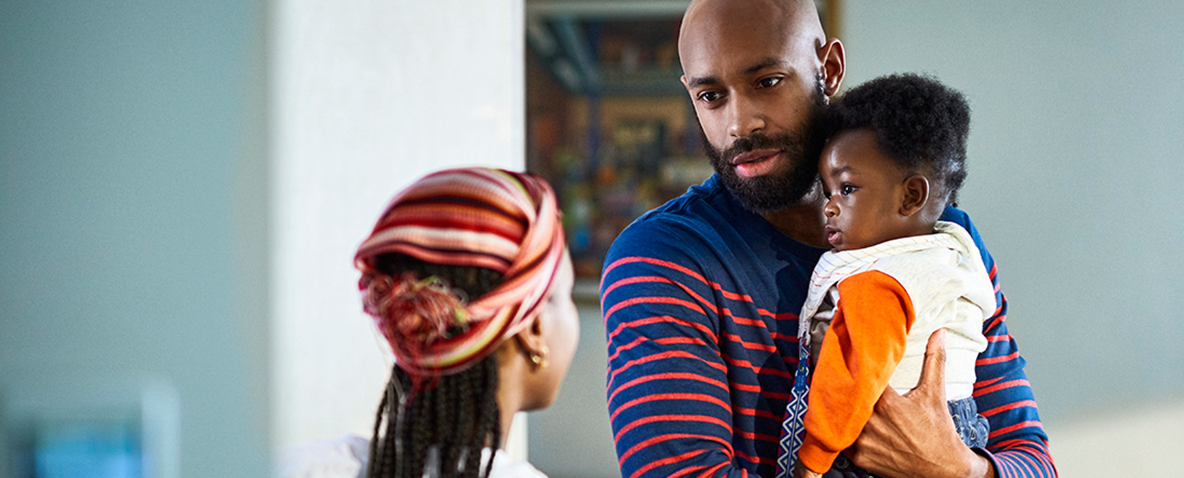
Co-Parents: A Strong Parenting Team
Communicate with kindness. Tell your partner clearly what it is that you need, and ask what she needs. It’s good practice to not assume, and it sets a good example for your children.
Read along or listen to this section using the audio player.
The art of compromise: There will always be things that you and your co-parent don’t agree on. But there are also surely points that you both feel are important. Identify the things you both value, like keeping your children safe, and return often to those points of connection, even when you are disagreeing.
If there is something that is very important to your partner and less important to you, make room for things to be done their way. Say out loud your intention to compromise, and ask that they try to do the same with things that really matter to you. Agree whenever you can, and move on without resentment. Parenting is so hard, so go easy.
If you can’t agree, try to talk without your children present so that they don’t see you argue. You might want to save the difficult conversations for times you both feel calm, in a therapy session, or over email. Figure out what works for you both.
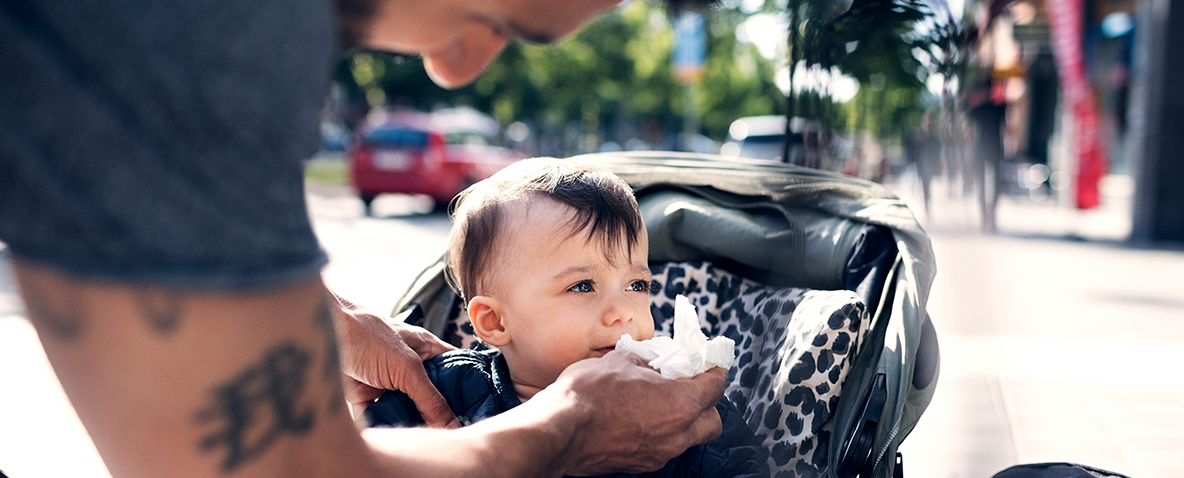
Co-Parents: The Balancing Act
Each parent brings something special to their relationship with their child.
Read along or listen to this section using the audio player.
It is okay to have a different parenting style than your partner or co-parent. It’s good to have different roles and strengths and both of you can bring love and structure to your child. Plan ways that you can connect with your child, whether you live with your child or have visitation.
Be thoughtful about what you can bring to your child that they might not get from their other parent. Quiet time can be a great break for a child who lives in a loud environment. Excitement or adventure can be fun for a child who has a lot of energy.
You are unique, and you can create a special relationship with your child.
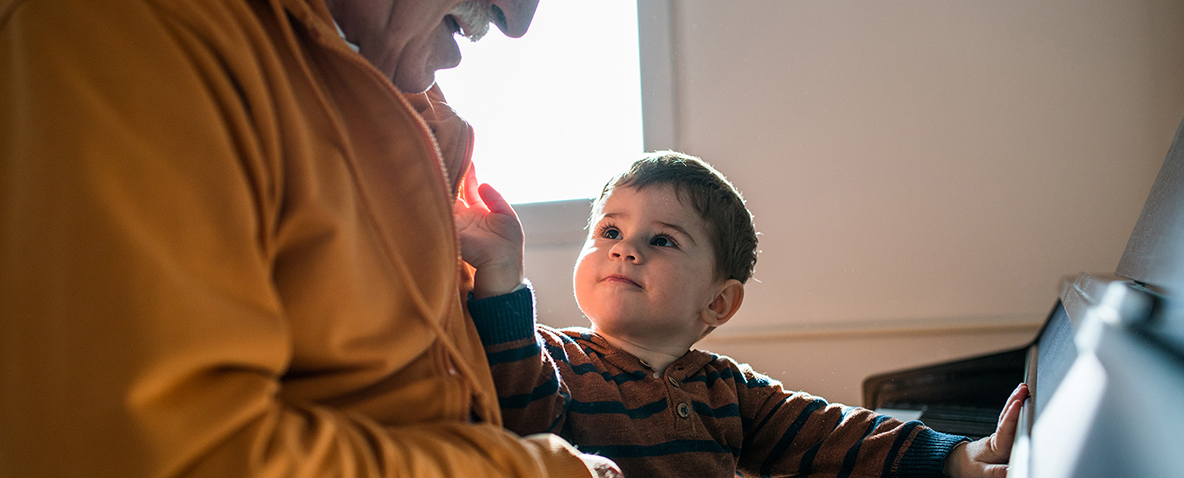
Grandparents: Put yourself first
Read along or listen to this section using the audio player.
Resentment and fear are common, especially when your heart has been broken before by your child’s addiction and behavior. You may also feel guilt, perhaps for things that happened while your child was growing up, or things that have happened so far in your grandchild’s life.
You may feel like you have to save your grandchild from your child, or you might not feel able to participate in your child or grandchild’s life right now. All of these feelings are normal. The most important thing is to surround yourself with support. Under even your hottest anger, there is probably sadness and fear. How can you get your needs met, so that you can show up in the way you’d like to for your child and grandchild? Remember, you need a team of support just as much as your loved one with a substance use disorder does. You are not betraying her by asking for help. Recovery doesn’t happen in the dark. There is no shame in getting the help and support you need.
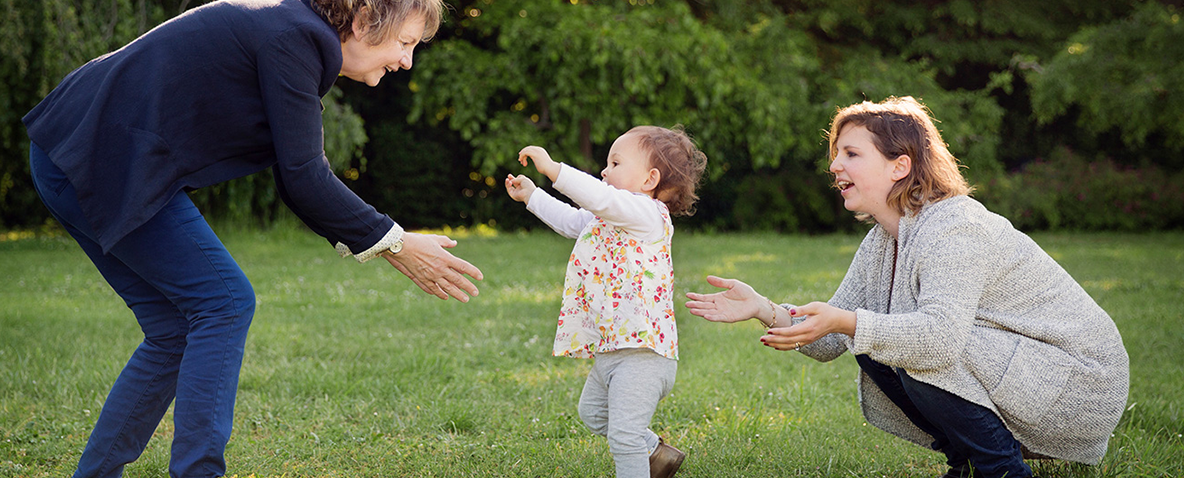
Grandparents: Practical Decisions
Read along or listen to this section using the audio player.
There are some real choices to be made when your child, who has substance use disorder, gets pregnant or has a child.
Do you think your child will be able to parent? What do they need in order to be successful at parenting? Can you have a conversation with your child, and maybe include their provider, to create a strategy for their success?
Are you able to be involved – either as a support person, a babysitter, or a place for your grandchild to live while your child is getting help?
Do you have the supports and help that you need to be able to show up for this? This might include a support group, or a friend who can listen or step in if you need a break.
Do you feel comfortable speaking up if you worry about your child or grandchild’s safety?
Do you have a safety plan for them and for you?
These are good questions to ask yourself, but don’t figure this out alone. Talk openly with your child, if you can, and gather a team of friends and professionals who can support you and help you advocate for your grandchild.

Grandparents: A Structure of Support
Read along or listen to this section using the audio player.
If you are worried about your grandchild’s safety there are some important things to consider. First, can you speak with your child about your concerns? If not, you might want to get help from a social worker or lawyer with experience. They can give you practical steps to take if you want to petition for guardianship. You are not a bad person for being concerned about your child’s safety. Seek guidance and support. You don’t have to do this alone.
Read along or listen to this section using the audio player.
Remember that recovery is a marathon, not a sprint. When your child first enters treatment or begins their recovery process, there may be a lot of anger or unexpressed feelings. It can take years for deep relationships to be sorted out by the recovery process. It is important for you to take care of yourself, and make sure you have safe places to go with your feelings of anger or guilt or fear.
It might be the best thing to not have contact with your child for a while. Other people may decide to keep the doors of communication open, but leave it up to their child how much they connect. It is probably best not to force your child to have painful emotional conversations early in their recovery process.
How can you show your child that you support them and are willing to show up for your grandchild while also protecting your boundaries? Perhaps it would help to make a list of those things in your life (free time, money, your support network) that you cannot give up right now, even if your child asks you to. This exercise can help you create and maintain healthy boundaries. This may be hard, but in the long run it is the best thing for you and for your child.
Read along or listen to this section using the audio player.
You may face questions from family or friends when people find out your child has a substance use disorder. People don’t always understand addiction, and it is still common for people to place blame or judge. You can educate the people in your life and help them understand that addiction cannot always be prevented, but it can always be healed. If you are still learning about substance use, give yourself time, and ask the people who care about you to be patient. You don’t have to make excuses for your child, but it’s important to understand that they are unwell and doing the best they can.
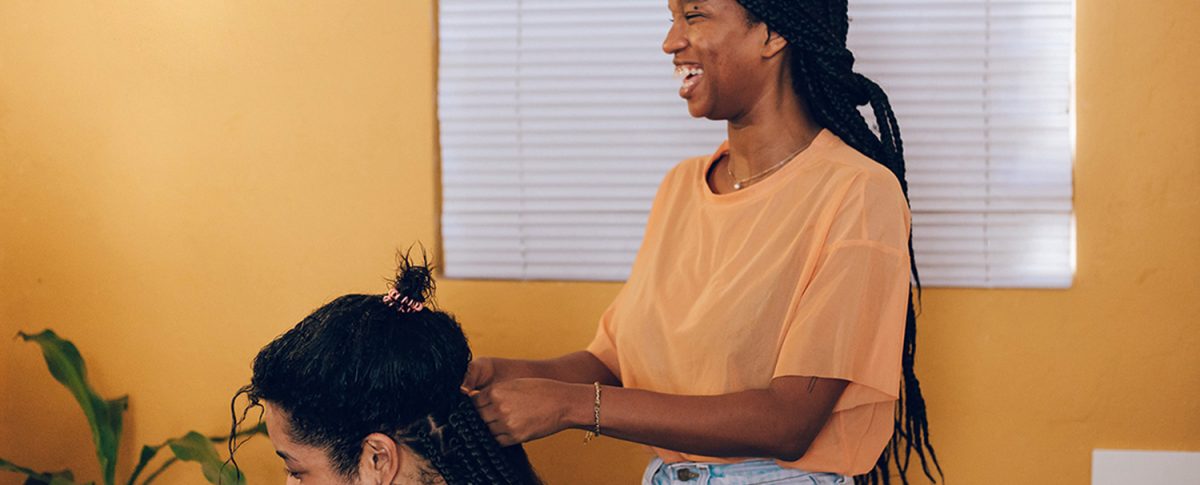
Making P.E.A.C.E.
When you love someone with substance use disorder, Make PEACE with what is.
PRIORITIZE: be clear about what’s important.
EMPATHIZE: show care for them, but put yourself first.
ACCEPT: be in what is happening now, without denial.
CHANGE: boundaries are loving. How can you interrupt an unhealthy style of relating?
EMBRACE: lead with love, for yourself and your family, and all of the families you will help by living courageously and honestly.
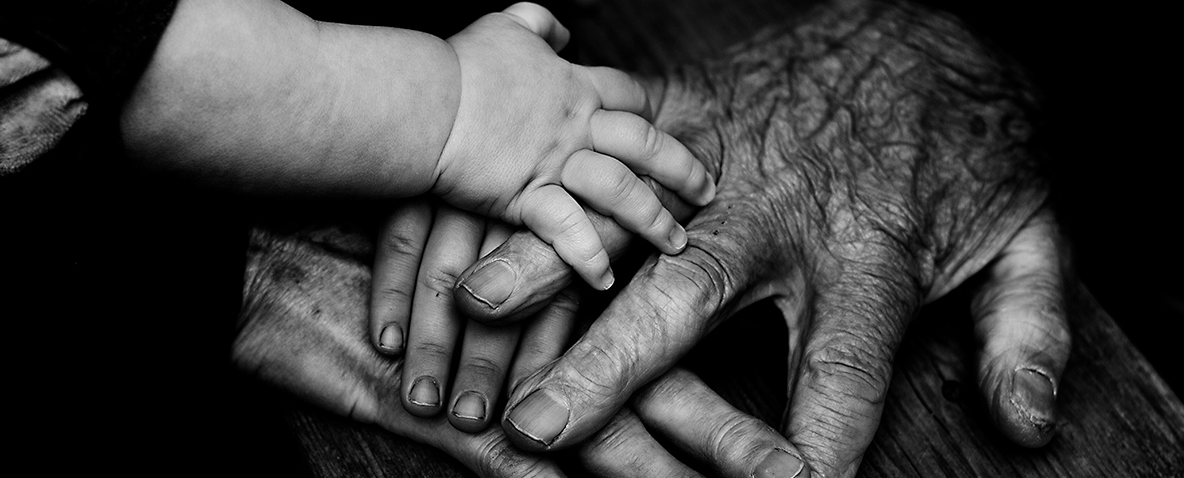
The Village
Parenting in recovery takes work, understanding, patience, and support
For more information about building a team of supports, check out Pregnancy. Check out our Resources Section for specific places to get help with recovery and parenting.
The best way to love and support someone with substance use disorder is to meet your own needs and be loving and supportive of yourself.
Recovery is like a long, linked chain. Hold on to someone who gives you support before reaching out to help somebody else. That way, we can all recover.
